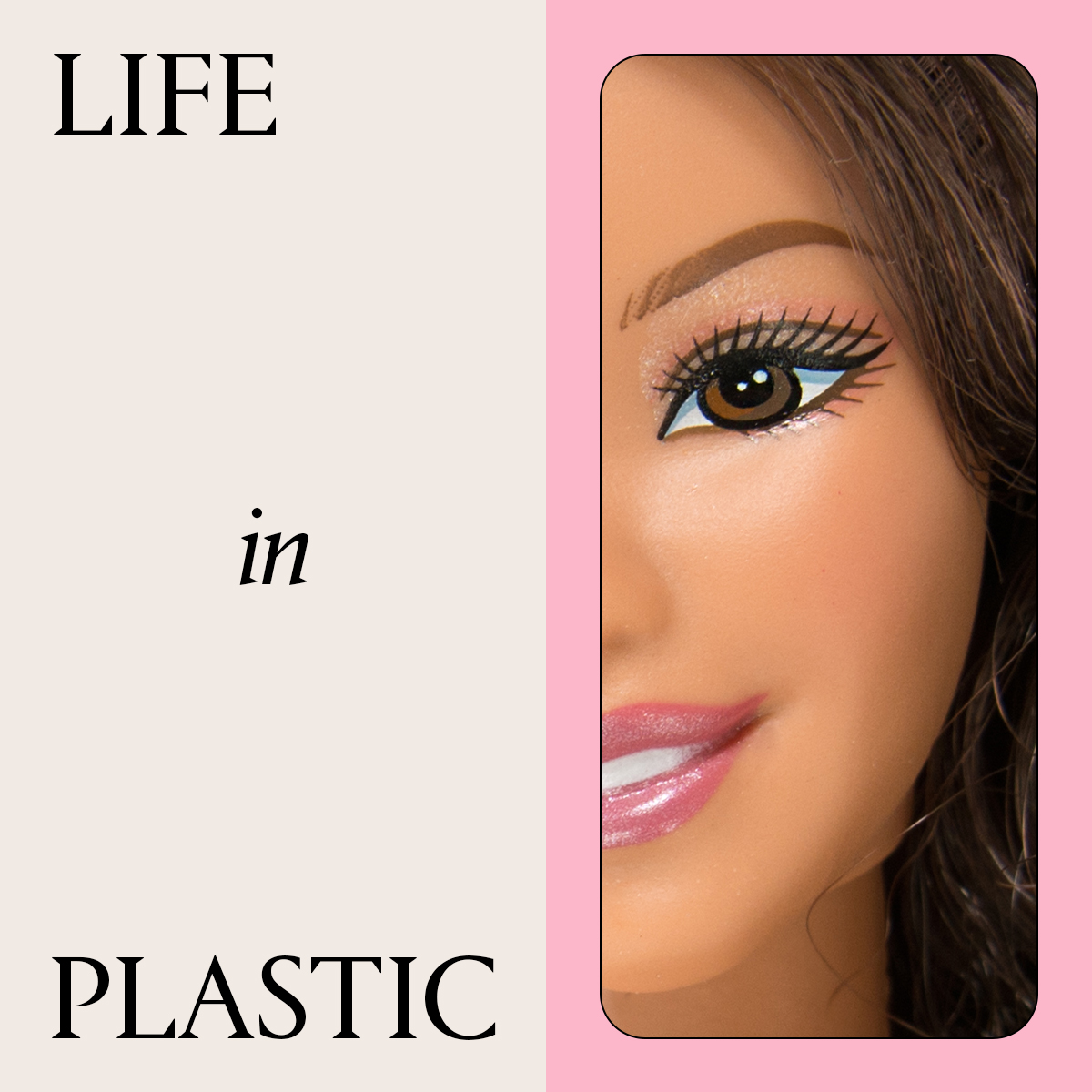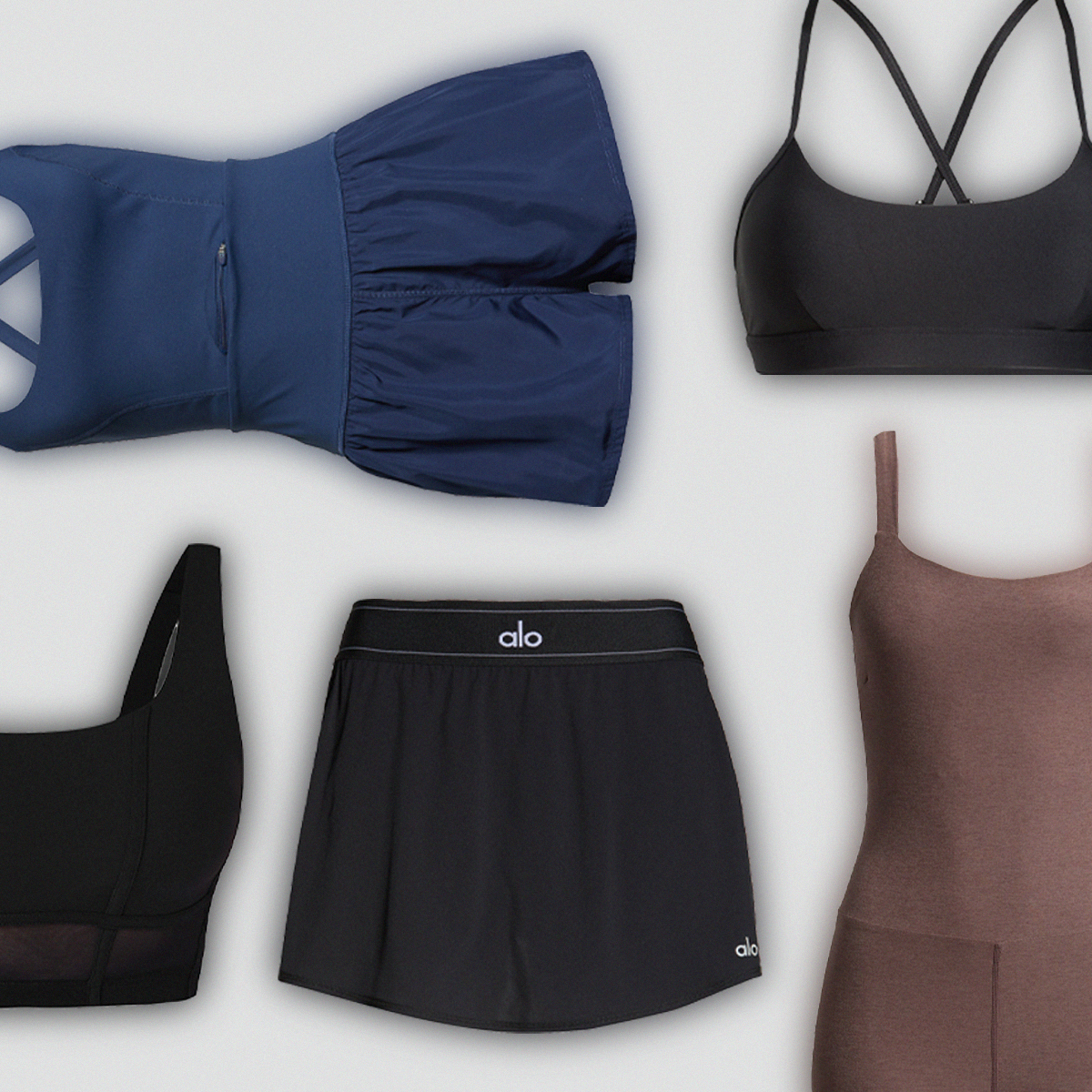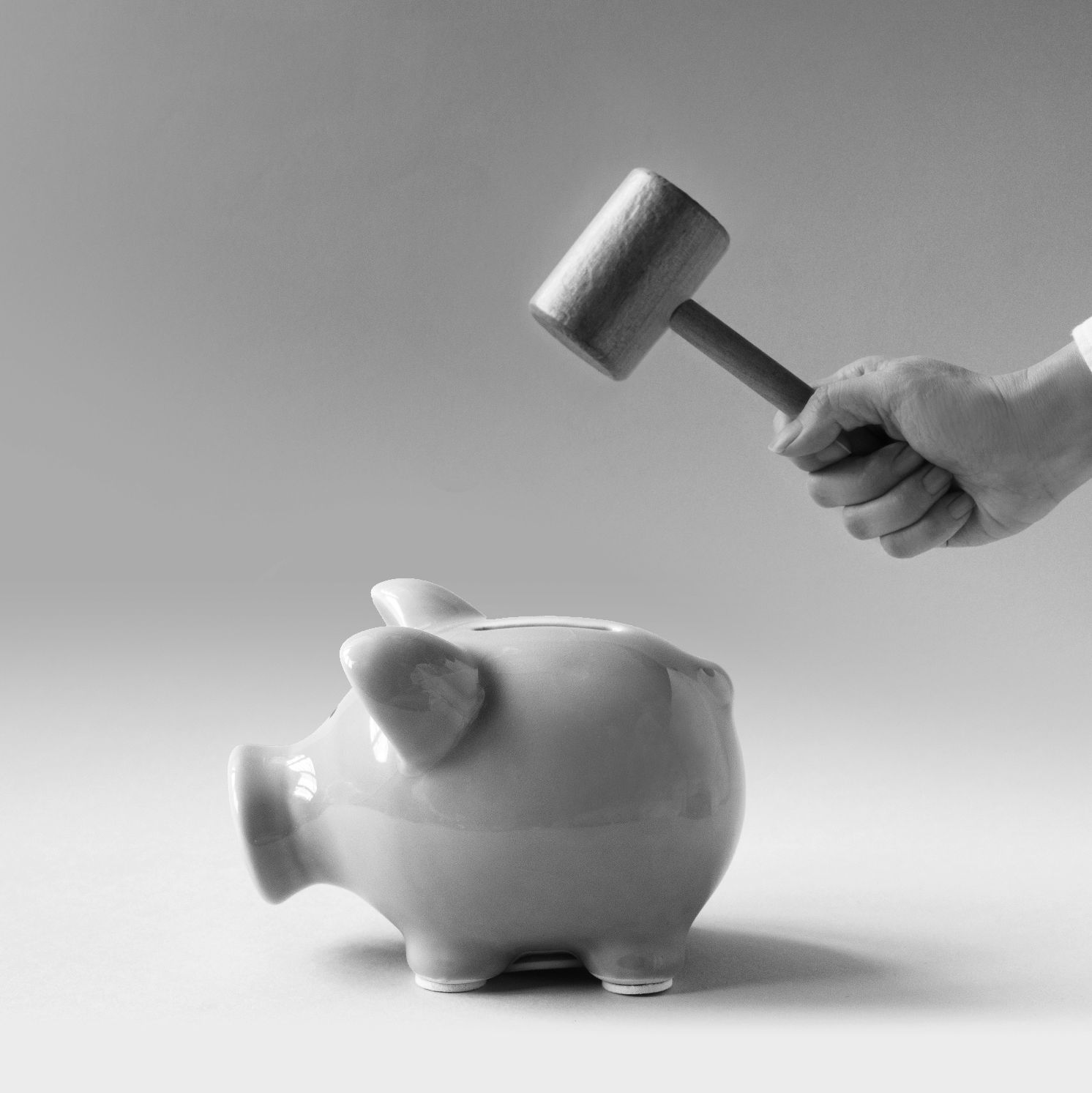9 Reasons Why You Should Rely Less On Your Phone
Steven Macari, founder of the SLVRBK mat, Nutritionist at Drive 495 and holistic health practitioner, on why it might not make sense to completely ditch your phone but why you should learn to make it a much smaller part of your life.


This summer, on a drive out to the beach for the weekend, my phone broke. For a minute I panicked, but then I thought about it for a second. Historically, I would classify myself as a moderate user of the iPhone. I'm not glued to it all day, but I use it regularly. That being said, in the weeks leading up to my phone breaking, I was extra busy with work (and life) and really ramped up my cell phone usage, to the point that I was sitting there just refreshing my email and other apps. For me, this was a problem that seemed to impact my mind and body in a negative way. I thought maybe the universe was trying to tell me something. With that, I embarked on a weekend without my iphone. I enjoyed it so much that it turned into a few days, then a week, and then two weeks. Here are nine things I noticed when I spent 14 days without a phone:
1. I was more mindful in all aspects of my life. Mindfulness is a buzz word in the holistic health world. Basically, it means that you should be more present. It's quite difficult to be present when you're constantly looking at your phone for that text, email or Instagram update. Whether it was while riding the subway, eating dinner or talking to a friend, the phone wasn't there, so I was more engaged in what was going on around me. Next time you go to dinner, have everyone stack their phones in the middle of the table. The first person to touch the phone has to pay for dinner.
2. Conversations were more meaningful. Whether it was a conversation with my wife, a friend or a person at the store, we made a different kind of connection. When I needed to make a call, I would do so from my computer, using Skype, which meant I was in a quiet spot and was sitting down specifically to talk to that person, not to talk and walk or talk and do other things at the same time.
3. I slept better, for three reasons. One, light (such as the kind emitted from electronic devices like a cell phone) can suppress melatonin production and ramp up your body's stress response, which means that you won't sleep as deeply. Two, emails can be stressful; an email from your boss right before you go to bed can trigger a racing mind that will keep you up or even wake you. Three, cell phones and other electronic devices emit electromagnetic fields (EMF) and they are not "Unbelievable" (like the '80s band). Try keeping your cell phone in another room and/or unplugging all electronic devices in your bedroom. Chances are you will sleep better.
4. I noticed a significant boost in my athletic performance and recovery. I should have tested my testosterone levels before and after but I suspect there was a measurable increase. Many guys have heard that they should avoid carrying their phone in their front pocket as studies have shown that this can decrease sperm count. I would take it a step further and keep your phone as far away from your body as possible. This goes for ladies as well; we all have the same hormones, just in different ratios.
5. I was more creative. I normally carry a small notebook around to jot down ideas. During those two weeks, the ideas were on overdrive. When you are constantly bombarding your mind with content, whether it is in the form of emails, text messages or Facebook updates, there is no room to create. A quiet mind is a powerful thing.
6. My stress levels went down. We live in a stressful world and I live in one of the most high-energy, high-stress cities in the world: NYC. No cell phone equals a major reduction in stress for many of the reasons I have discussed throughout.
Stay In The Know
Get exclusive access to fashion and beauty trends, hot-off-the-press celebrity news, and more.
7. My eyes hurt less. We all know the feeling when we've spent too much time at a computer and our eyes, head and neck hurt. A smart phone is the same, just with a smaller screen that requires you to look down to see what's going on. This stresses your eyes and neck and can cause serious postural imbalances.
8. I have always been sensitive to cell phone frequencies. If someone puts a cell phone near me and I'm not looking, I can always tell. That being said, it became even more noticeable after being away from direct contact for a while. Consider getting a device to protect you from EMF frequencies.
9. When I made plans, I had to keep them—there was no adjusting on the fly. It was refreshing to tell my friend I would meet him at a specific place and time and that was it. There was one little snafu that involved meeting a friend at the beach for a surf. The waves were subpar and I wanted to alert him not to come so I used a pay phone (which wasn't easy to find), but this made for an exciting day and a good story.
So, after two weeks I finally decided to get a phone, as it can be difficult to run a business without one. But I have made a few changes. One, airplane mode is my best friend. I keep my phone on airplane mode most of the day and check in periodically. Two, I removed Facebook and email from my phone, which means I have a few less things to refresh. I am at a computer enough that I can always be reached by email. Instagram is still there, as that was a tough one to give up. I'm not saying you should do the same, but at least give it a try.
Related Links:
How Your Cell Phone Can Keep You Breast Cancer Free
14 Things You Realize When You Lose Your Phone
The 13 Stages of Emotional Torture When You Leave Your Phone at Home
Steve Macari is a New York based nutritionist, health coach and wellness educator. He writes health, wellness, nutrition and fitness articles for BAZAAR.com and is the founder of thewavestate.com and stevemacari.com. Steve has trained in a number of different areas, but is most proud of his training with Paul Chek, a world renowned expert in the area of holistic health and nutrition. Steve has completed the highest level of training at the C.H.E.K Institute as a Holistic Lifestyle Coach (HLC3). Steven holds an MBA in Finance and was a Vice President at an Investment Management firm for nine years prior to finding his passion in the practices of holistic health, nutrition, and fitness.
-
 Fairy Tale Movies So Sweet and Fantastical You'll Forget About Reality for A Little While
Fairy Tale Movies So Sweet and Fantastical You'll Forget About Reality for A Little WhilePrincesses, mermaids, and true love's kiss, oh my!
By Katherine J. Igoe
-
 I Injected My Body's "Liquid Gold" to Address Undereye Fine Lines and Dark Circles
I Injected My Body's "Liquid Gold" to Address Undereye Fine Lines and Dark CirclesBut would I do it again?
By Michelle Rostamian
-
 Queen Elizabeth Gave the Perfect Response When Pope Francis Presented Her With Priceless Gifts for Prince George
Queen Elizabeth Gave the Perfect Response When Pope Francis Presented Her With Priceless Gifts for Prince GeorgeThe late pope spared no expense when it came to treating the infant prince in 2014.
By Kristin Contino
-
 I Work Out 5 Days a Week—These Are the Brands I Wear on Repeat
I Work Out 5 Days a Week—These Are the Brands I Wear on RepeatSponsor Content Created With Nordstrom
By Emma Walsh
-
 The Wellness Issue
The Wellness IssueLooking at women's health through a new lens.
By Marie Claire Editors
-
 Senator Klobuchar: "Early Detection Saves Lives. It Saved Mine"
Senator Klobuchar: "Early Detection Saves Lives. It Saved Mine"Senator and breast cancer survivor Amy Klobuchar is encouraging women not to put off preventative care any longer.
By Senator Amy Klobuchar
-
 I'm an Egg Donor. Why Was It So Difficult for Me to Tell People That?
I'm an Egg Donor. Why Was It So Difficult for Me to Tell People That?Much like abortion, surrogacy, and IVF, becoming an egg donor was a reproductive choice that felt unfit for society’s standards of womanhood.
By Lauryn Chamberlain
-
 The 20 Best Probiotics to Keep Your Gut in Check
The 20 Best Probiotics to Keep Your Gut in CheckGut health = wealth.
By Julia Marzovilla
-
 Simone Biles Is Out of the Team Final at the Tokyo Olympics
Simone Biles Is Out of the Team Final at the Tokyo OlympicsShe withdrew from the event due to a medical issue, according to USA Gymnastics.
By Rachel Epstein
-
 The Truth About Thigh Gaps
The Truth About Thigh GapsWe're going to need you to stop right there.
By Kenny Thapoung
-
 The High Price of Living With Chronic Pain
The High Price of Living With Chronic PainThree women open up about how their conditions impact their bodies—and their wallets.
By Alice Oglethorpe